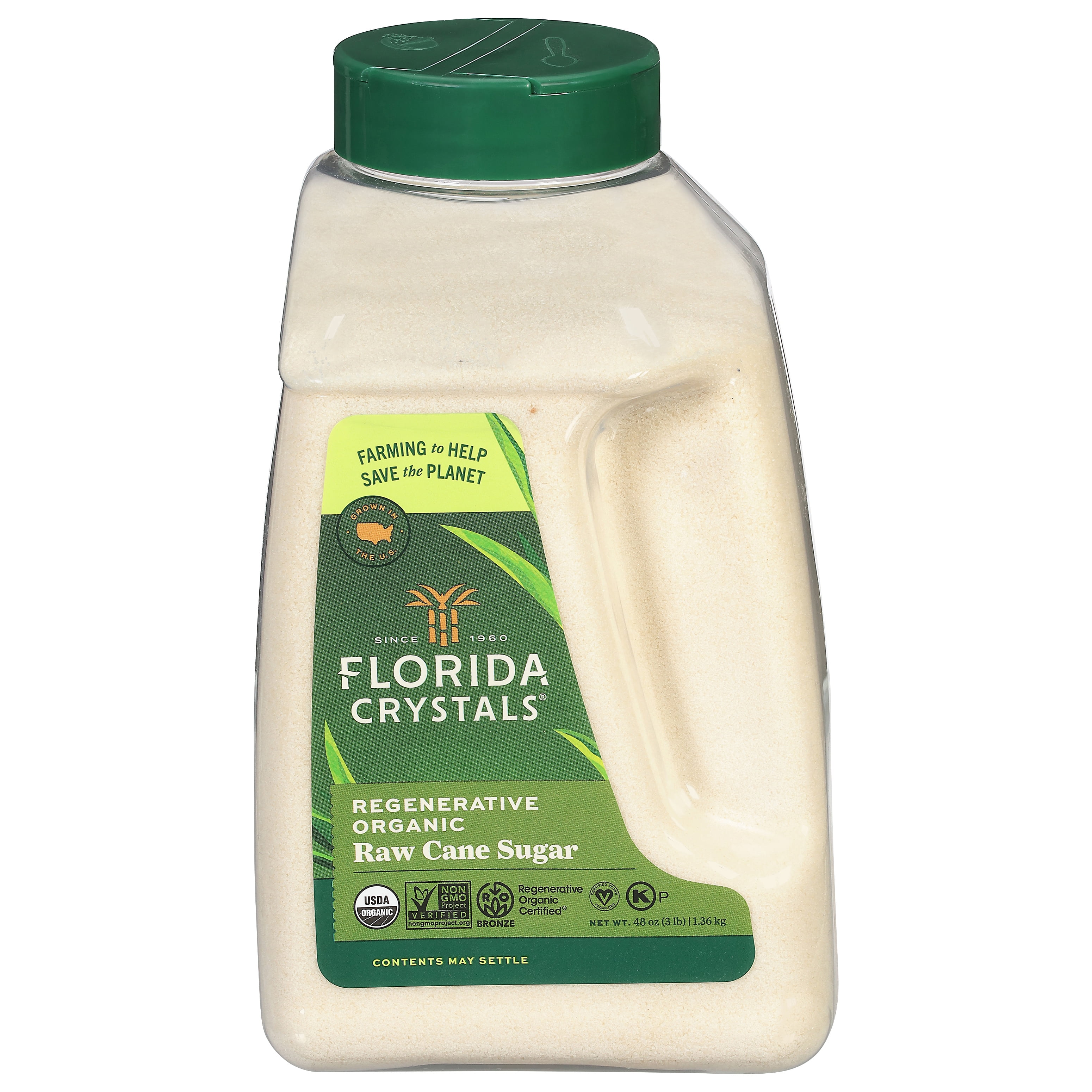Unlocking Potential: Cane Sugar Processing Chemicals Demystified
Unlocking Potential: Cane Sugar Processing Chemicals Demystified
Blog Article
Navigating Regulatory Conformity and Sustainability With Cutting-Edge Walking Stick Sugar Handling Chemicals in the Chemical Export Industry

Regulatory Landscape Summary
In the world of cane sugar handling chemicals within the chemical export market, comprehending the governing landscape is extremely important for guaranteeing compliance and lasting procedures. Regulatory bodies such as the Environmental Defense Agency (EPA) and the Fda (FDA) play a critical function in overseeing the production, import, and export of these chemicals. Compliance with guidelines stated by these bodies is not just a lawful demand however likewise necessary for keeping public health and wellness and environmental safety and security standards.
Governing frameworks regulating cane sugar handling chemicals include a variety of aspects, consisting of labeling demands, permitted degrees of particular substances, and guidelines for risk-free handling and disposal. For chemical exporters, this implies adhering to strict paperwork processes, quality control procedures, and routine audits to show adherence to these laws.

Sustainable Walking Stick Sugar Chemical Innovations

One famous location of advancement is the growth of green chemicals that reduce water and energy intake throughout the sugar processing stages. By carrying out these lasting remedies, business can reduce their carbon impact while maintaining high degrees of efficiency. In addition, improvements in eco-friendly chemicals are acquiring traction, offering an extra eco-friendly option to standard handling agents.
In addition, the integration of renewable resource sources in the production procedure is becoming much more prevalent, additional enhancing the sustainability account of cane sugar processing. By embracing these sustainable cane sugar chemical developments, firms can not only meet governing requirements but also demonstrate a dedication to ecological duty in the chemical export market.
Compliance Difficulties in Exporting Chemicals
Navigating regulative structures poses substantial obstacles for chemical exporters, calling for thorough interest to conformity requirements and international legislations. Exporting chemicals entails adherence to an intricate web of guidelines that differ from nation to country. Among the primary conformity difficulties encountered by chemical exporters is guaranteeing that the items fulfill the particular regulative requirements Web Site of the importing country. This consists of obtaining the essential permits, accreditations, and paperwork to demonstrate the security and legitimacy of the chemicals being exported.
In addition, chemical exporters should stay abreast of continuously progressing policies and criteria connected to chemical transport, production, and handling. Failing to adhere to these policies can lead to serious repercussions, including penalties, legal action, and reputational damage. Additionally, browsing trade constraints, permissions, and export control link legislations adds one more layer of complexity to the compliance landscape for chemical merchants.
To minimize these obstacles, chemical exporters need to buy robust conformity programs, carry out regular audits, and engage with regulatory authorities to make sure a complete understanding of the relevant regulations and policies. By prioritizing compliance and staying proactive in dealing with regulatory obstacles, chemical exporters can browse the complexities of international trade effectively.
Environmental Effect of Walking Cane Sugar Handling
The environmental ramifications of cane sugar processing are an important aspect requiring thorough examination in the chemical export sector. Walking stick sugar processing can have substantial ecological impacts at numerous phases of production. One of the key issues is the generation of big volumes of wastewater consisting of raw material, put on hold solids, and chemicals used in the processing plants. This wastewater, if not appropriately dealt with, can pollute water bodies, injury marine life, and deteriorate general water quality. In addition, the burning of sugarcane areas prior to gathering, a common technique in some areas, launches dangerous air pollutants and greenhouse gases into the atmosphere, adding to air high quality problems and climate change.
Additionally, the substantial use of pesticides and plant foods in sugarcane cultivation can lead to dirt deterioration, water contamination, and damage to non-target microorganisms. It is important for chemical exporters associated with the walking cane sugar processing market to carry out sustainable practices, check my source spend in innovative wastewater treatment technologies, advertise accountable agricultural approaches, and abide by rigorous environmental regulations to minimize the negative environmental impact of their operations.
Future Trends in Sustainability Practices
What innovative methods are chemical merchants in the walking stick sugar handling market adopting to boost sustainability techniques for the future? One noticeable pattern is the change in the direction of creating and utilizing environmentally friendly chemicals in the handling of walking cane sugar - Cane Sugar Processing Chemicals.
Another essential pattern is the execution of sophisticated modern technologies such as automation and information analytics to optimize source use and reduce waste generation. By utilizing the power of information and automation, chemical merchants can simplify their operations, boost energy effectiveness, and enhance overall sustainability performance.
In addition, partnerships and collaborations with sustainability-focused companies and stakeholders are coming to be significantly common. By interacting, chemical exporters can exchange understanding, share best methods, and jointly drive innovation towards more sustainable cane sugar handling practices. Accepting these patterns will not only profit the environment yet additionally ensure long-lasting success and competition in the market.
Final Thought
In final thought, the chemical export sector need to browse complex regulative landscapes and sustainability difficulties when refining walking cane sugar. Advancements in walking stick sugar handling chemicals are crucial to meeting compliance criteria and reducing environmental influence. As the market remains to evolve, it is necessary for business to adopt sustainable practices and stay ahead of future patterns to guarantee long-term success.
In the world of walking cane sugar handling chemicals within the chemical export industry, recognizing the regulative landscape is vital for making certain compliance and sustainable procedures.Exploring cutting-edge strategies in the growth of sustainable walking cane sugar chemical remedies is vital for advancing environmental stewardship in the chemical export sector. Business are increasingly investing in research and advancement to develop innovative walking cane sugar handling chemicals that not just make certain high effectiveness in sugar manufacturing yet likewise adhere to rigid sustainability requirements.
Additionally, chemical exporters should stay abreast of continuously advancing guidelines and requirements connected to chemical transport, production, and handling - Cane Sugar Processing Chemicals.The environmental ramifications of walking cane sugar handling are a crucial element calling for thorough exam in the chemical export market
Report this page